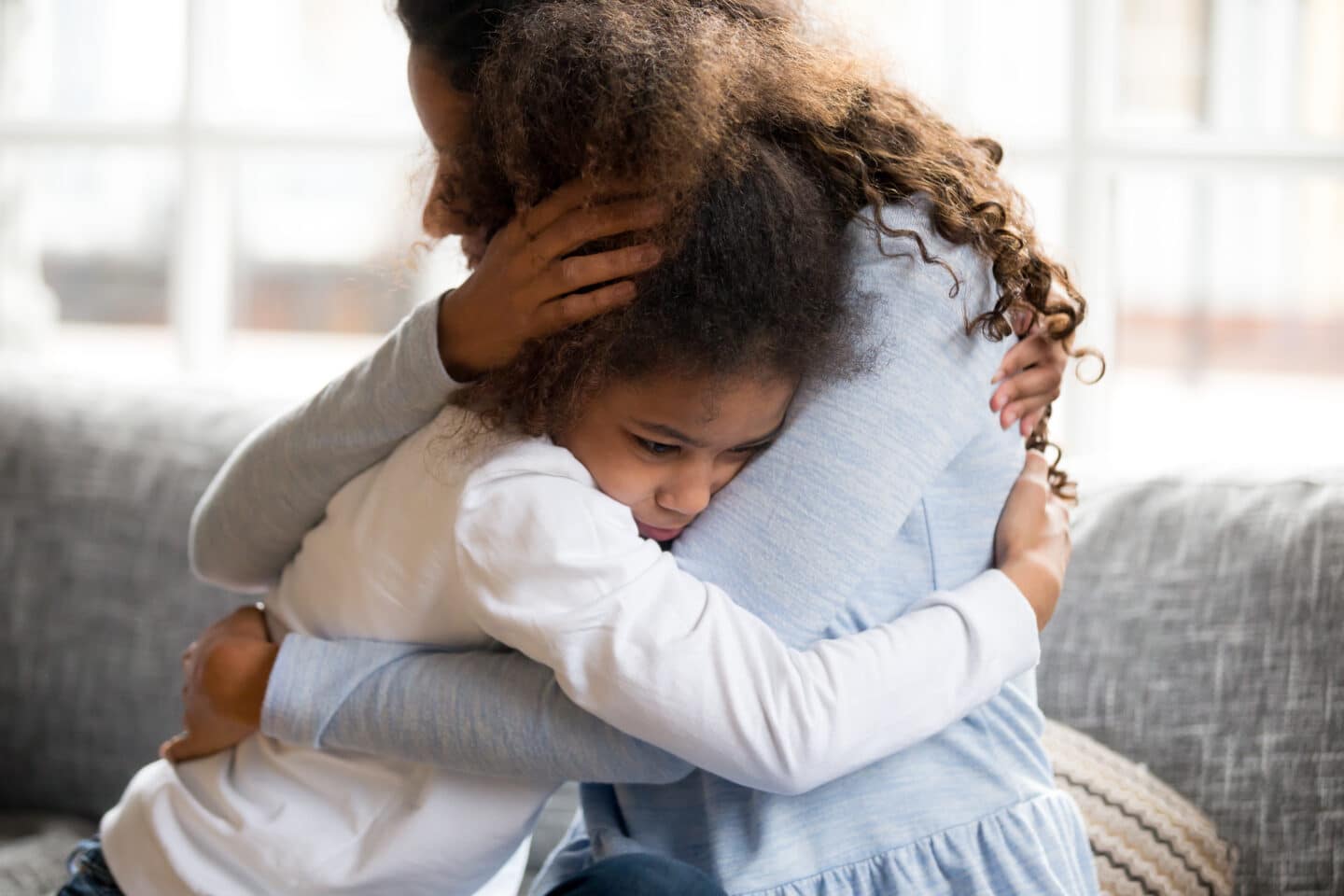By Mohab Hanna, MD, Child and Adolescent Psychiatrist
This article originally appeared in Bergen County Moms. Link here.
Kids and teens are increasingly anxious as they navigate growing up. In our practice, we have seen the needs continue to rise, especially post-COVID. I suspect that kid and teen anxiety is even higher in areas like ours in Northern New Jersey than in other parts of the country.
Why are so many kids and teens anxious? What we see often:
- Academic and performance-related anxiety. We live in a performance-oriented culture here in Bergen County. Kids can carry the weight of expectations of high performance in their academics, sports, and other activities. It can be coming from their parents, teachers, coaches – or often from themselves and comparing themselves to their peers. So much of their self-worth and identity is wrapped up in their performance.
- Social anxiety. Many are lonely, and relying on their phones to engage with peers and the world. Social media can be quick to criticize and can be debilitating to one’s self-confidence. Teens are stressed about friendships, relationships, feeling accepted and connected, and being really understood. The more time they spend on screens, the lonelier they get.
- Global anxiety. Especially after COVID, we are seeing young people worried about our world and its future. They are saddened by our divisiveness and instances of violence, worried about our environment and the path that things are on. World events frequently seem out of control and hopeless.
And while everyone naturally carries some stress, we need to be watchful for when anxiety rises to a level of concern. Things to look for:
- Emotional changes, like sadness, negativity, increasing irritability or restlessness
- Avoiding social interactions with peers or activities and decreased motivation for activities
- Physical changes, such as gastrointestinal, appetite, headaches, aches and pains, sleep disturbances
- General apathy, hopelessness, or talk of suicide
If you see any of these trends, consider professional support. Talk with your school professionals or primary care provider. You can also consider professional individual or group therapy, or if needed, psychiatry services. At practices like MedPsych Behavioral Health, we offer both services and can help diagnose needs for either or both. We see these services are often transformative for many kids and youth. Research shows that developing a supportive relationship with one adult can change the course of a child’s life.
As parents, raising kids and teens in this environment can feel overwhelming. Here are some tips for helping to create a healthy and supportive home environment.
- Validate, Don’t Reinforce: While it’s important to empathize, avoid reinforcing harmful avoidant behaviors. Be aware of the temptation to accommodate the avoidance behaviors to lessen conflict.
- Set Limits and Boundaries: Encourage your child to embrace constructive discomfort by limiting comfort-seeking activities like phone usage and media consumption. Discuss this with them explicitly so they can understand the connections between their behaviors and their desire for distress alleviation.
- Strengthen Connections: Connecting with teens is hard. Consider new ways that you can spend quality time with them to build your relationship and be able to understand them better.
- Make Realistic Expectations: Acknowledge your child’s unique abilities and limitations, prioritize effort and growth over perfection, and maintain a healthy balance between academics/sports/activities and emotional well-being.
It all sounds easier than it is in practice, I know. But your efforts will be worth the investment in ways you might not see.
Dr. Mohab Hanna is a child and adolescent psychiatrist and the founder of MedPsych Associates. Dr. Hanna specializes in the diagnosis and treatment of anxiety, depression and ADHD. For more information, email us at [email protected].




